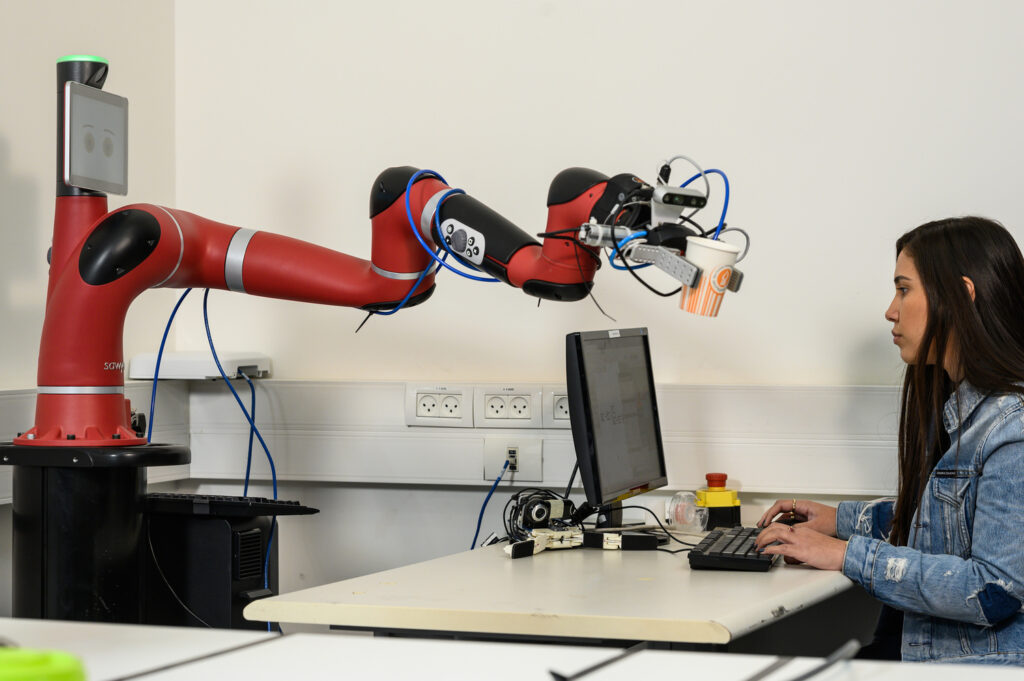
Ultra-Orthodox Women Outnumber Men 2-to-1 in Tech
Ultra-Orthodox Women Outnumber Men 2-to-1 in Tech
January 18, 2016
Robotics & High-Tech, Social Sciences & Humanities
Globes — The high-tech industry is currently somewhat of a boy’s club, with two thirds of employees in the sector being male. However there is one notable exception in Israel, where a new study revealed that Haredi (ultra-Orthodox Jewish) women outnumber their male counterparts 2-to-1 in the tech industry.
The study was presented at the “Between Integration and Separation – Haredi Women Programmers in Haredi Centers and Secular Organizations” conference held at BGU, spearheaded by Prof. Aviad Raz of the Department of Sociology and Anthropology.
The study was conducted by Gavan Tzruya, a BGU student who is also a strategic consultant at a large bank in Israel. Tzruya examined the differences in satisfaction and burnout among 120 Haredi women.
Among her principal findings was that job satisfaction was higher to some extent in Haredi organizations as opposed to ones that integrate secular and Haredi workers, with the exception of salary. According to Tzruya, Haredi women in integrative organizations earn 90 percent more on average than women in specifically Haredi organizations.
The figures show that the optimal route for high-tech Haredi women begins in a Haredi organization, after which they can advance and find work in an integrative organization.
The growing number of Haredi women in the industry is a promising indicator of their overall integration into greater Israeli society, but Tzruya notes that there is still more work to be done.
“There’s a catch,” she emphasizes. “The vast majority of them work only part-time, and one-third work in education within their community. So even if the targets have been achieved, their actual productivity potential has not been realized.
“There is no support or scholarships in the Haredi sector for female engineering technicians who want to go on studying, because the state [of Israel] has ‘achieved the targets,’ and there is ostensibly no need,” Tzuya comments.




